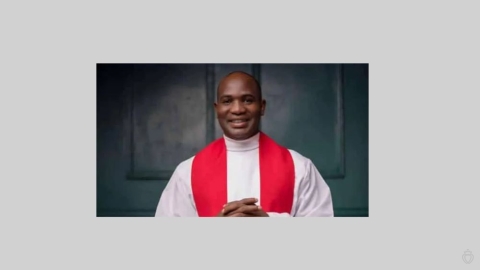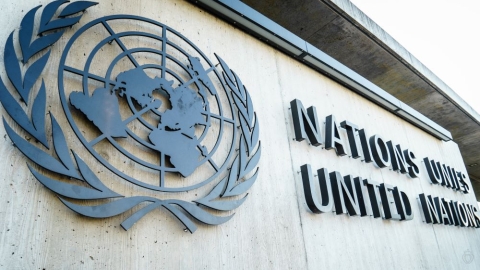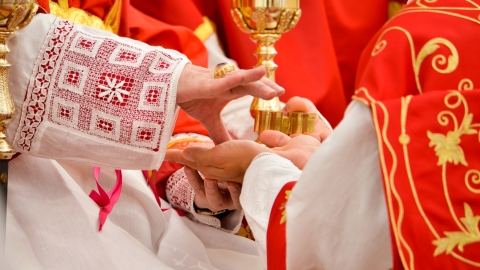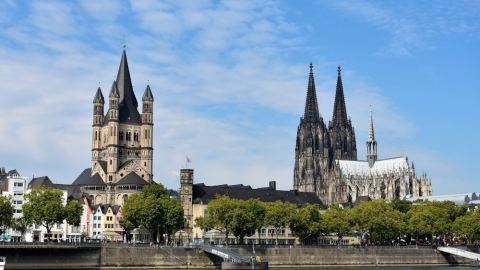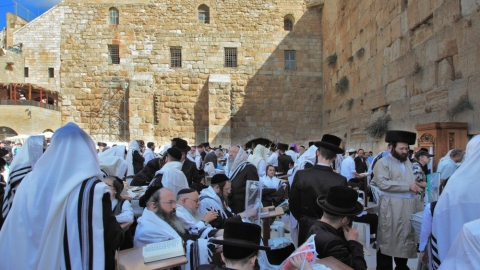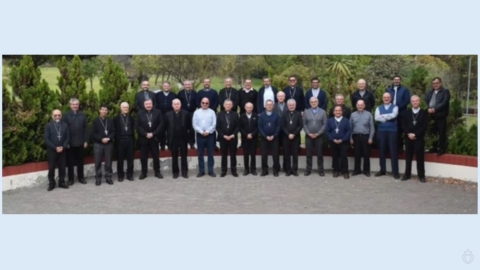Indonesia: Blasphemy Against Islam

Basuki Tjahaja Purnama, a Christian native of China has been sentenced to two years of mandatory prison for blasphemy.
The recent condemnation of the Christian governor of Jakarta for “blasphemy against Islam” highlights the increasing radicalization of Indonesian Islam, and the fragility of the situation of Christian minorities in the country.
In the run-up to local elections that found him running against a Muslim candidate, the outgoing governor, a Christian native of China, Basuki Tjahaja Purnama, declared in September 2016 that the interpretation given by certain scholars of a verse of the Koran that says a Muslim can only vote for a Muslim leader was wrong. Advocates for a rigorist Islam mobilized and organized great demonstrations of strength in the middle of the electoral campaign. Some even decided to file a suit with the courts.
The decision has been handed down: the governor of Jakarta has been sentenced to two years of mandatory prison for blasphemy, a sentence much more severe than two years of house arrest requested by the prosecution because of a lack of proof. Nonetheless, on May 9, the panel of five magistrates of a district court in the northern Indonesian capital judged that Basuki Tjahaja Purnama, nicknamed “Ahok”, was “convincingly guilty of blasphemy”, and ordered him to be imprisoned.
When questioned by the press agency Fides, Fr. Franz Magnis-Suseno, S.J., a well-known researcher and university professor who has been in Indonesia for 56 years, declared: “It was an unjust decision, made by the judges because of strong pressure from the Muslim activists.” According to the Jesuit, two lessons can be drawn from this condemnation. The first is that “over the past year, there seems to be a coalition between retired generals and Islamic militants”, which seems to make a common cause.
An increase in disorder and social chaos could, believes the religious, “force the military to take over, with the support of the Muslims”. It is a fact that the old generals have never accepted the democratic reform implemented after the fall of the dictator Suharto.
The other lesson drawn by Fr. Magnis-Suseno:
Muslim extremism has been underestimated, even by the important Muslim organizations of civil society. Over the last six months, young militants have been enthusiastically gathering behind the extremist leader Habib Rizieq Shihab.
What is at stake is a profound mutation in Indonesian Islam. Historically, Indonesian Islam was known for practicing a more flexible jurisprudence – the practice of the “Shafi’i” school – than in other Muslim countries. As the Jesuit points out: “The radicals proclaim themselves the representatives of all of Indonesian Islam, insisting on the Muslim identity and playing a central role on the political scene.” This does not bode well for the Christian minorities in the country.
Sources : Fides / Vatican Radio - FSSPX.News - 05/17/17
